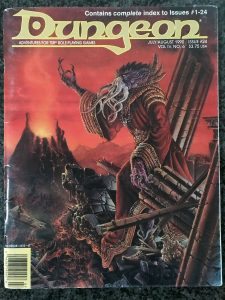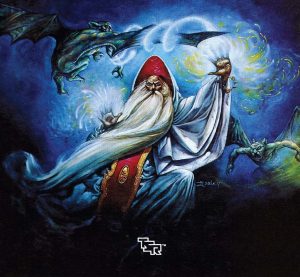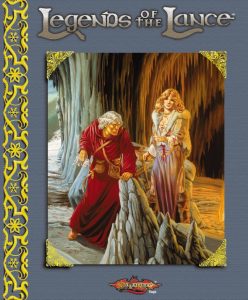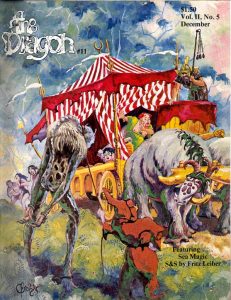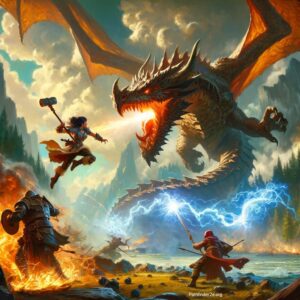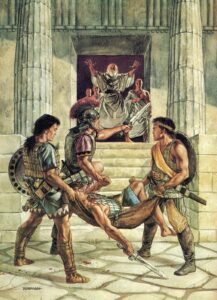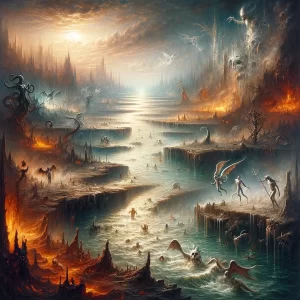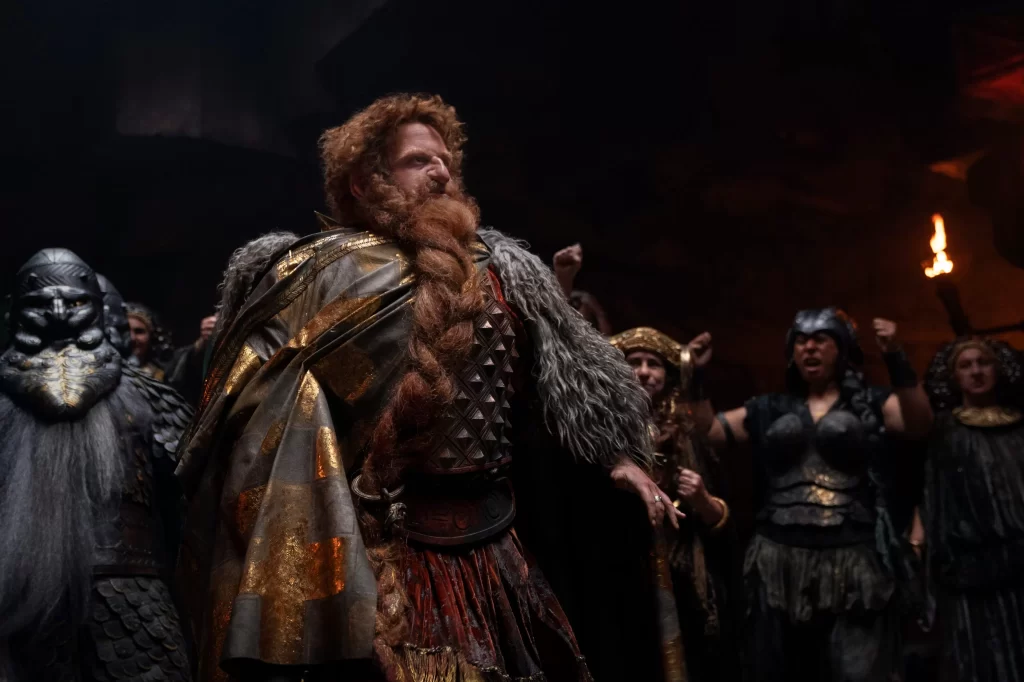
In the intricate tapestry of fantasy literature and gaming lore, there are few rivalries as deeply ingrained and universally recognized as that between Dwarves and Orcs. This animosity resonates through countless narratives, from J.R.R. Tolkien's Middle-earth to the vast universe of Dungeons & Dragons.
The enmity between Dwarves and Orcs is a complex web of cultural, historical, and often religious elements, shaped by centuries of conflict and differences in values. It is a hatred bred not from inherent malevolence, but from an entanglement of past grievances, entrenched beliefs, and continual clashes of interests.
At the heart of the Dwarf-Orc rivalry is a stark cultural contrast. Dwarves are typically portrayed as stalwart, honorable, and industrious folk. They are famed for their craftsmanship and architecture, skills they apply in the creation of magnificent underground cities and finely crafted items. They value order, tradition, and the steady progress of work done well. The Dwarven societies are built upon the bedrock of law, loyalty, and lineage, each generation building upon the toil of their forebears.
Orcs, on the other hand, are generally depicted as brutish, aggressive, and often chaotic. They are a race often linked with destruction, seen as marauders and pillagers who revel in battle and conquest. While Orc societies also value strength and have their own code of honor, their way of life is typically at odds with the order and stability that Dwarves treasure. This cultural chasm fuels misunderstandings and creates an underlying tension between the two races.
Historically, Dwarves and Orcs have been locked in countless conflicts. Their homelands often border each other, leading to frequent territorial disputes. The deep mountainous caverns and tunnels that Dwarves call home are also desirable to Orcs, sparking wars of conquest. Epic battles between the two races are etched in the annals of many a fantasy world, each conflict further deepening the schism between them.
In many fantasy settings, Dwarves bear long grudges, and the memory of past conflicts is passed down through generations. These historical enmities keep the fires of distrust and dislike burning. Even if peace is momentarily achieved, it is often tenuous at best, as both races remember the wars of their past all too well.
Religious differences add another layer to this discord. In the Dungeons & Dragons universe, for instance, Dwarves and Orcs follow different pantheons. Dwarves worship deities like Moradin, the god of creation and patron of artisans, embodying their values of craftsmanship and creation. Orcs, however, typically worship gods like Gruumsh, the one-eyed god of storms and war, reflecting their chaotic and warlike nature. These disparate beliefs further accentuate their cultural differences and often bring them into direct conflict, as each race believes in the righteousness of their gods and, by extension, their own ways of life.
The rivalry between Dwarves and Orcs is not merely a product of inherent racial antagonism, but a manifestation of deep-seated historical, cultural, and religious differences. It's a testament to the power of narrative and world-building in fantasy literature and gaming. However, as rich and compelling as this rivalry is, it's important to remember that not all narratives adhere to these tropes. In some stories and settings, Dwarves and Orcs might find common ground, ally against mutual threats, or even challenge the very stereotypes that have defined them. Such is the beauty of the expansive and ever-evolving landscape of fantasy.
